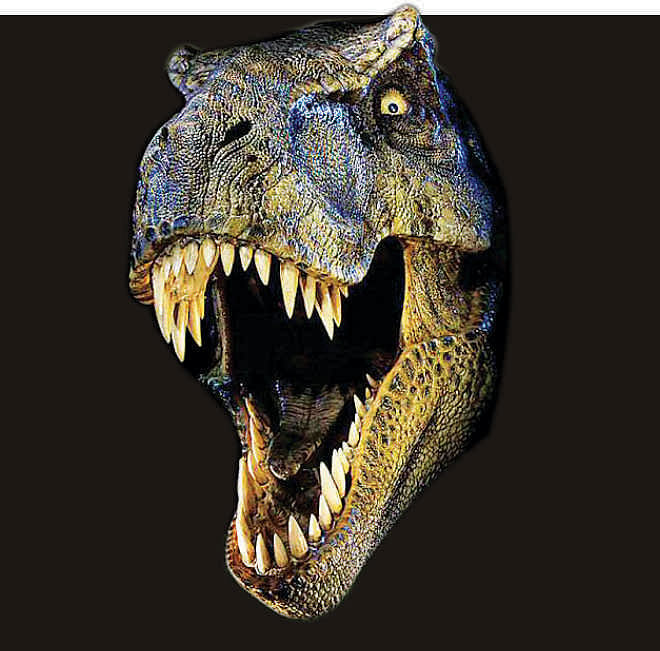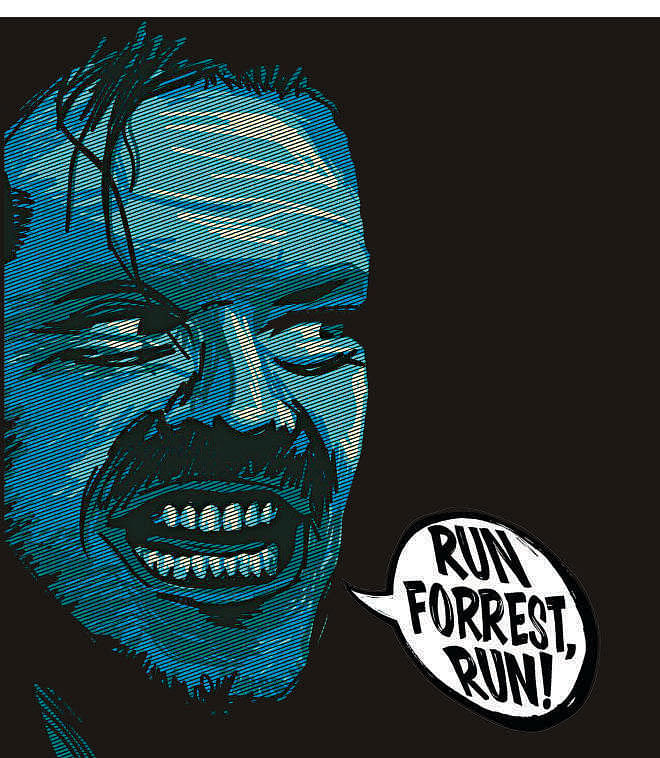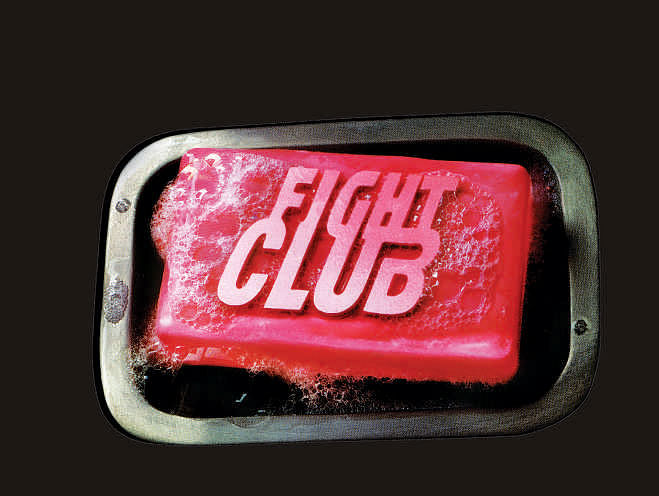WHEN THE BOOK WASN'T BETTER

Last year, according to IMDb, Hollywood adapted 25 movies from books. This number, with a few ups and downs, steadily rises every year. In 2011, Hollywood had, excluding sequels, zero original movies in the box office top ten. Zero. That doesn't prove the creativity in the movie business is dying, but just that movie makers have an increasing tendency to play it safe with their investments. A proven product in another medium is a smart choice.
This is why the number of books being made into films is off the charts. And with that, the common misconception of those movies being inferior compared to the books they are adapted from is increasingly rising as well. It's a byword: “The book was always better.”
Today we look at a few films, in no particular order, that say otherwise.
The Godfather
Francis Ford Coppola's 1972 adaptation of the Mario Puzo novel had brilliant acting, a compact storyline and an almost haunting sensibility.
The book branched into other characters whereas the movie focused more on the Corleones. This makes it a more coherent story. From great casting (Marlon Brando, James Caan, Al Pacino) to brilliant background music, The Godfather is a prime example of the movie being better than the book. Stanley Kubrick said it was possibly the greatest movie ever made, and had without question the best cast.

Forrest Gump
A lot of people don't know that it was originally a book. Written by Winston Groom and published in 1986, it isn't the same thing as the movie. Though Groom's book has its admirers, Robert Zemeckis' film about the idiot savant was a rollercoaster ode to post-war America. The visual effects used to insert Tom Hanks' character into vintage videos to meet with deceased personalities, including John F. Kennedy and John Lennon, were almost flawless and could alone have made the movie a greater accomplishment than the book.
Jurassic Park
The late Michael Crichton is an unusual entrant into this list as he'd originally conceived Jurassic Park as an idea for a screenplay. Even before he'd finished turning it into a novel he received an offer from Steven Spielberg to write the screenplay for the film. Comparing the novel and the movie is interesting as the same person wrote both, and they achieve different things.
Whereas in the novel Crichton had primarily focused on the science, ethics and business implications of genetic engineering, the film was driven more by the characters and the action. And of course, there were the groundbreaking visuals and sound effects. The 'wow' factor of seeing your first dinosaur and the terror of a T-rex's roar make the film the definite winner here.
Fantastic Mr. Fox
Roald Dahl's children's book Fantastic Mr. Fox was as amusing as all his other books, but Wes Anderson's 90-minute take on it is charming and emotive. The beauty of the film is how it succeeds in being nostalgic, witty, and Americanised without losing any of Dahl's themes. The story of a Fox outwitting his neighbours and stealing food from them has been radically renovated to a Fox going through his midlife crisis through the irreverent trademark Anderson style.
Anderson's rendition made the story no doubt better.
The Shining
At the risk of getting a lot of hate, the movie was better. King's novel was good but filled with his usual cheesy language and barely two pages of real horror. On the other hand, Kubrick's movie was scary as hell. Jack Nicholson's acting was superb, so were the iconic twin sisters'.
Kubrick made the story frightening in an almost hypnotic way with its slow pacing that was unusual for horror movies.

Fight Club
The book may have a huge cult following with its minimalism and transgressive fiction, but the movie was, although equally polarising, a visceral portrayal of anarchist angst.
Edward Norton and Brad Pitt had remarkable chemistry. Director David Fincher intentionally used many of Palahniuk's controversial overtones to stop the audience from figuring out the twist ending. Well, the success of the film made Palahniuk famous. So that says something.
The Lord of the Rings Trilogy
The Lord of the Rings is a giant of a novel, with a huge amount of backstory. If you have the unabridged version then the appendices turn it into a little encyclopaedia. Keeping track is quite the challenge for the reader.
Jackson's trilogy focused on the epic in a more coherent and condensed way and still managed to capture the essence of Tolkien's world. In that sense, it was better and more accessible to those who were not interested in exploring the novel.
Lists like this are always in danger of excluding prominent candidates or including contenders that individuals would think are not worthy enough. So while I await insults, share with us your lists of movies that were better than the books on SHOUT's Facebook page: https://www.facebook.com/ShoutDS.

 For all latest news, follow The Daily Star's Google News channel.
For all latest news, follow The Daily Star's Google News channel. 



Comments